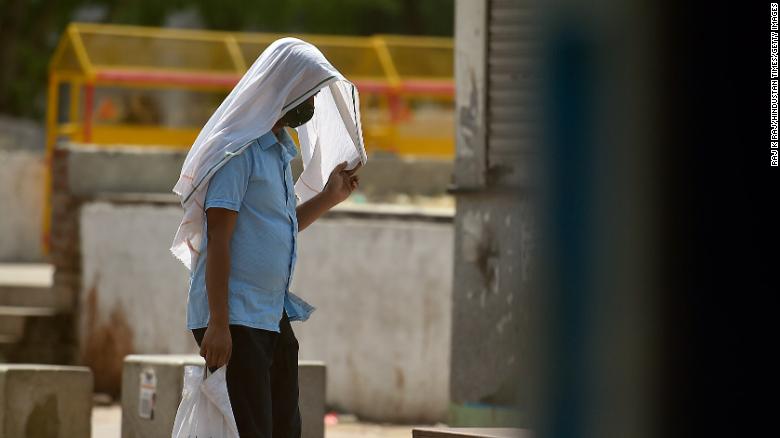by: Anna Padilla
Posted: Jan 5, 2022 / 06:00 AM MST
Updated: Jan 5, 2022 / 01:00 PM MST
https://www.krqe.com/digital-now/first-in-the-country-unm-offering-online-chicano-studies-ma-program/?fbclid=IwAR30K6txLw3WRRP3Sa0zVZfqL50KkE9tDsiT-ZJPXHd5mDBW40LOAfJgKto
ALBUQUERQUE, N.M. (KRQE) – University of New Mexico students now
have the opportunity to get their online master’s degree in Chicana and Chicano
Studies. It is the first program of its kind in the country.
Department Chair Dr. Irene Vasquez said UNM is ahead of most
universities in providing ethnic studies degrees to both undergraduate and
graduate students. “The academic purpose of Chicana and Chicano Studies is
integral to the economic security and wellbeing of Mexican and Hispanic
communities in the state of New Mexico,” Vasquez said.
Students study the historical, economic, and social realities of
the Hispanic culture as it relates to the southwest United States. Students can
expect to complete the degree anywhere from one year to two years time.
Anisa Baca is in her first year in the MA program. She said what
drew her to the program was the opportunity to learn about her own heritage. “I
think the program offers a lot of opportunity to support communities like
mine,” Baca said. “I think it’s a really important option because I think it
helps us understand ourselves, it helps us understand our communities, the
needs of our communities, and I think when we do that, we can build something
that benefits all of us.”
Not only will the program educate students on Hispanic history and
culture, but Vasquez also said it helps them hone their skills in
problem-solving, analytical reasoning, and communication through writing.
Compared to last year, the department has seen 36% more applications to the
program, which Vasquez said could also be due to the new online option.
The course is available for non-traditional and out-of-state
students as well, something Vasquez is grateful for. “The online MA degree is
available to anyone across the globe, but in particular we hope to reach our
rural communities, our adults who are full-time workers or who are caring for
young children in the home. We see that our online degree, even at the
bachelor’s level, is serving those types of populations,” Vasquez said.
Howard Griego is a second-year MA student who transferred from CNM
to pursue a master’s degree in Chicana and Chicano studies. “I fell in love
with the program because I heard my story for the very first time. I heard my
history of my state, of the people that I’m used to, and it was something that
was new to me,” Griego said. “As a nontraditional student, having the online
option makes it more accessible to people that are marginalized or people who
live in rural communities.”
Through the in-person MA degree program, the department found that
80% of the students are from New Mexico. “That is a point of pride for us
because as the research university of the state, we need to look locally. We
need to look in the front and back and side yards of the university and bring
our New Mexico students into graduate education,” Vasquez said.
In an effort to encourage state locals to learn about New Mexico’s
history, the Chicana and Chicano Studies program has a series of pipeline
programs through Albuquerque Public Schools to ensure high school students are
prepared for college. The department works with them as they become UNM
students.
Corky Frausto, a second-year Ph.D. student in the Chicana and
Chicano Studies program, came into the program as a high school teacher who
taught Mexican American studies. Through collaborations between the high school
and the department, Frausto was inspired to delve deeper into the history and
join the program at UNM.
Frausto continues teaching as part of his Ph.D. program. “I’ve
seen the biggest impact with my students at the high school. They’re able to
take dual credit classes, so they can take a class through the high school and
earn credit here at UNM through the department,” Frausto said.
Vasquez said that anyone of any educational background can apply
for the online master’s program. Visit UNM’s website for more information.
Copyright 2022 Nexstar Media Inc.





